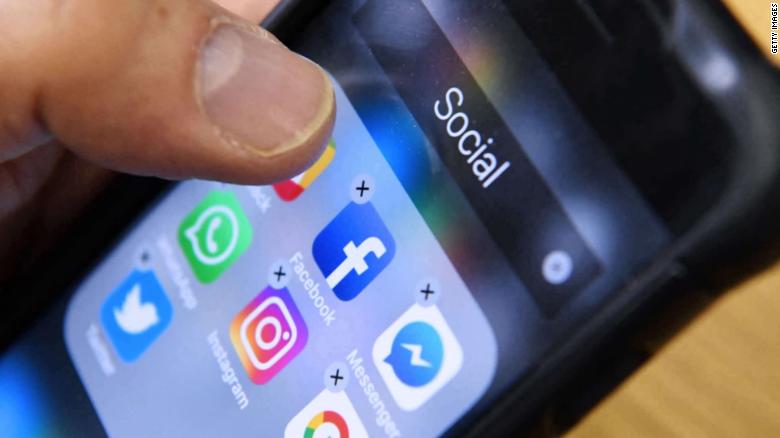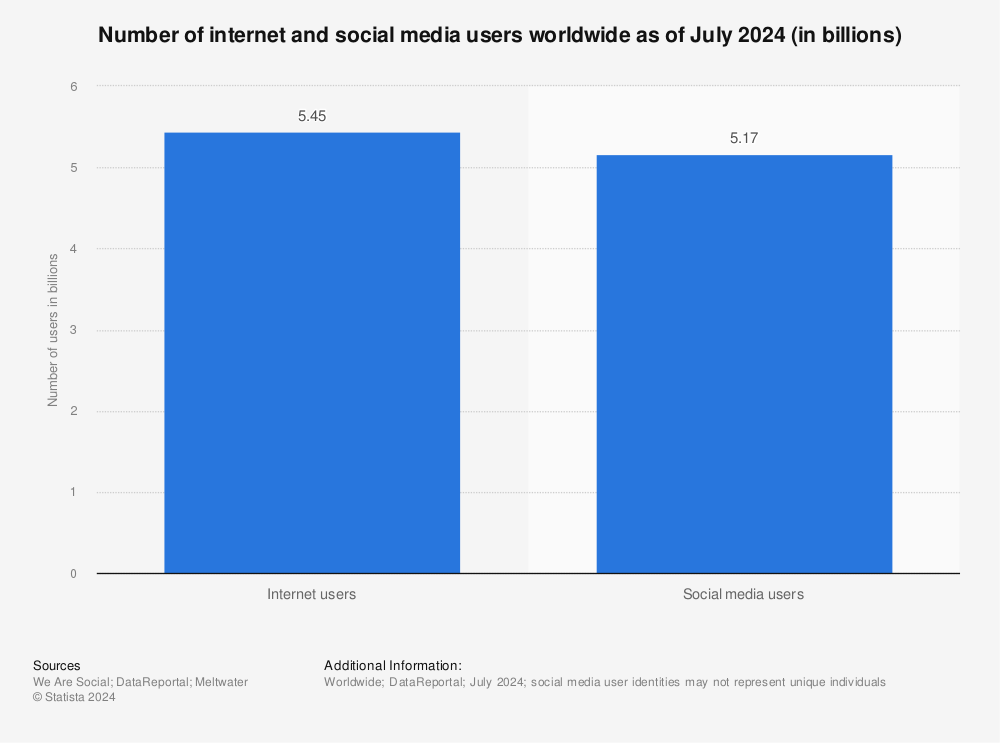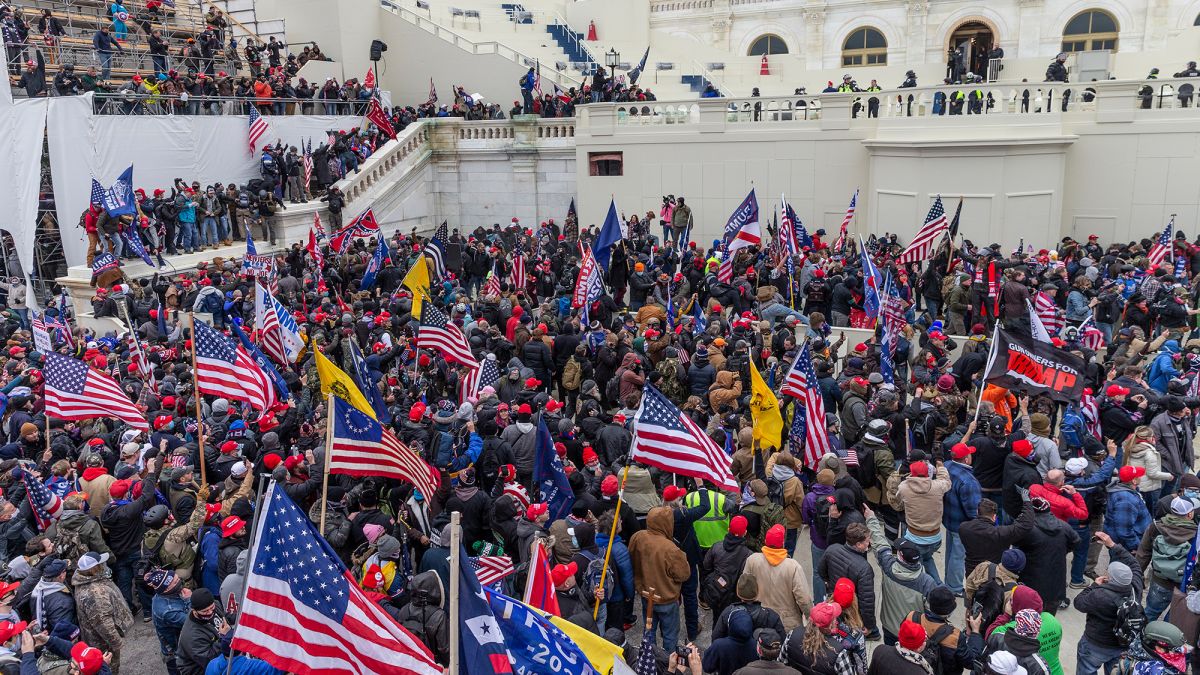
Social media fueled the Capitol mob
Social media fueled the Capitol mob. Now Biden and Congress must crackdown
Facebook COO Sheryl Sandberg is rightfully being criticized for claiming that the US Capitol riots were “largely organized” on other social media platforms “that don’t have our abilities to stop hate and don’t have our standards and don’t have our transparency.” Despite her attempts to deflect blame, Facebook as well as other social media companies played a crucial role in fueling the mob that stormed the Capitol building.
The compartmentalization of users in echo chambers where only extreme — and often false — viewpoints can travel is probably the single-most important driver of political polarization. Absent a social media landscape that incites outrage and division, the Capitol riots likely never would’ve happened.

Find more statistics at Statista
With so much damage already done and just a handful of days left in the Trump presidency, social media and technology companies finally banned Trump and the apps some white supremacist followers used to incite violence. But these decisions were made too late and now risk emboldening conspiracy theorists who still believe the election was stolen. They also raise legitimate questions as to why we let profit-driven companies set the rules of democratic engagement online in the first place.
It is troublesome that we’ve turned over the rules of online deception, harassment and incitement to violence to powerful tech CEOs who are not accountable to the public. Our democratic institutions must take back control and introduce regulations that address incendiary online propaganda.

Here’s how Congress and the Biden-Harris administration should approach social media regulation in the months ahead:
Establish a disinformation task force
For the Biden-Harris administration to begin to address the problem, it should treat the spread of disinformation as a fundamental threat to achieving progress in all facets of policy, as a large coalition that I’m part of urged last month.
The spread of online disinformation is not only a threat to our democratic institutions; it also undermines important efforts to respond to the pandemic or combat climate change. The incoming administration should establish a task force to study the harms of disinformation on social media; launch a website to combat viral disinformation; and appoint an expert on disinformation to the Covid-19 task force — this person would be in charge of coordinating a national response.
By prioritizing the fight against disinformation, the next administration can help restore common ground between existing factions, lay the foundation for Congress to reverse the decay of our democratic institutions and fix our broken information ecosystem.
Read more: www.edition.cnn.com
About the author



